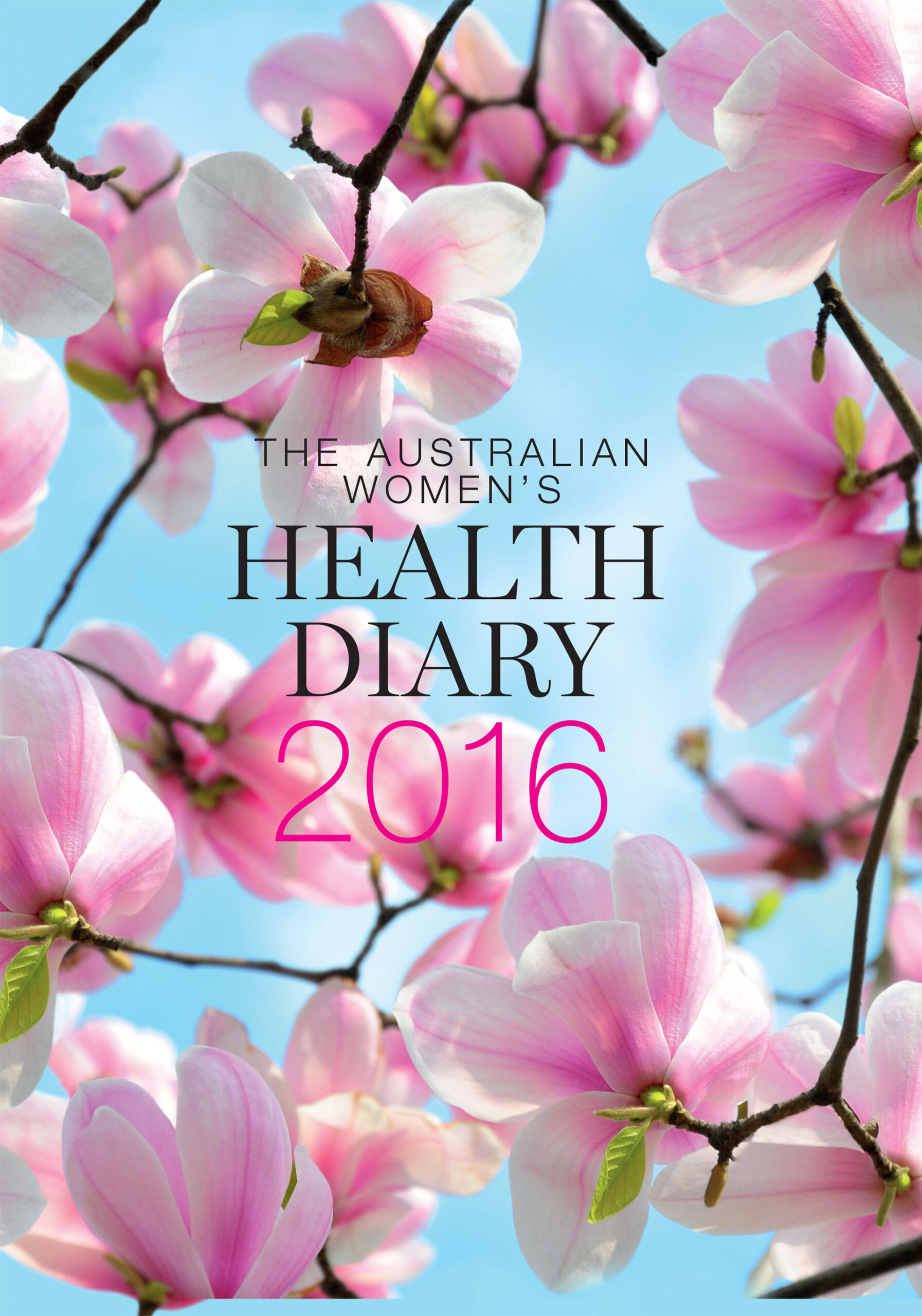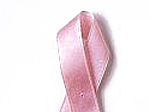When Natasha was diagnosed with triple negative breast cancer at just 32, her world fell apart.
Doctors told her she’d need chemotherapy – but she knew a common long-term side effect of this was the early onset of menopause.
Natasha had always wanted to be a mum, so this news was devastating.
“I left the doctor’s office and I had a meltdown right there in the street. I’d always wanted kids, so I was absolutely distraught.”
Shortly after, Natasha’s doctor told her about the POEMS clinical trial, which was testing if a drug called goserelin could preserve fertility during cancer treatment.
Natasha was one of 58 women in Australia and New Zealand who participated in the trial, which involved 256 women worldwide.
Every four weeks during her chemotherapy treatment, Natasha received the drug which it was hoped would put her into a reversible menopause by putting her ovaries “to sleep”.
Natasha was “ecstatic” to find out she was pregnant just six months after completing her chemotherapy, something that came as a complete surprise.
“I know how lucky I am to have fallen pregnant and to have a beautiful, healthy little boy called Jack.”
I am overjoyed that my participation in the POEMS clinical trial helped me.”
I am also delighted that I helped prove – along with other women around the world – this new treatment option for young women like me who need chemotherapy and who might want to have a family in the future.”
The POEMS clinical trial found that women who received the drug goserelin were less likely to be in menopause two years after their cancer treatment (8 per cent compared to 22 per cent).
They were also twice as likely to have a normal pregnancy after their cancer treatment, compared with those who did not receive goserelin.
These important results provide young, premenopausal women diagnosed with breast cancer a new treatment option to help reduce the side effects of their chemotherapy treatment, enabling many to avoid early menopause and preserve their fertility should they wish to have children.
All the money raised from the sale of the Australian Women’s Health Diary will help fund further breast cancer clinical trials, just like the POEMS clinical trial.
The Breast Cancer Institute of Australia’s biggest fundraiser of the year is publishing a diary, with 100 per cent of proceeds going to research.
The 2016 Women’s Health Dairy is packed with reliable, proven information to help women of all ages achieve a healthy mind and body – and has all the essential diary features to help you feel organised.
Proudly published by The Australian Women’s Weekly, and with 100 per cent of profits going to the Breast Cancer Institute if Australia, it’s a great Christmas gift. Buy now from newsagents, Commonwealth Bank branches, Woolworths and Avon representatives or online at www.bcia.org.au.



